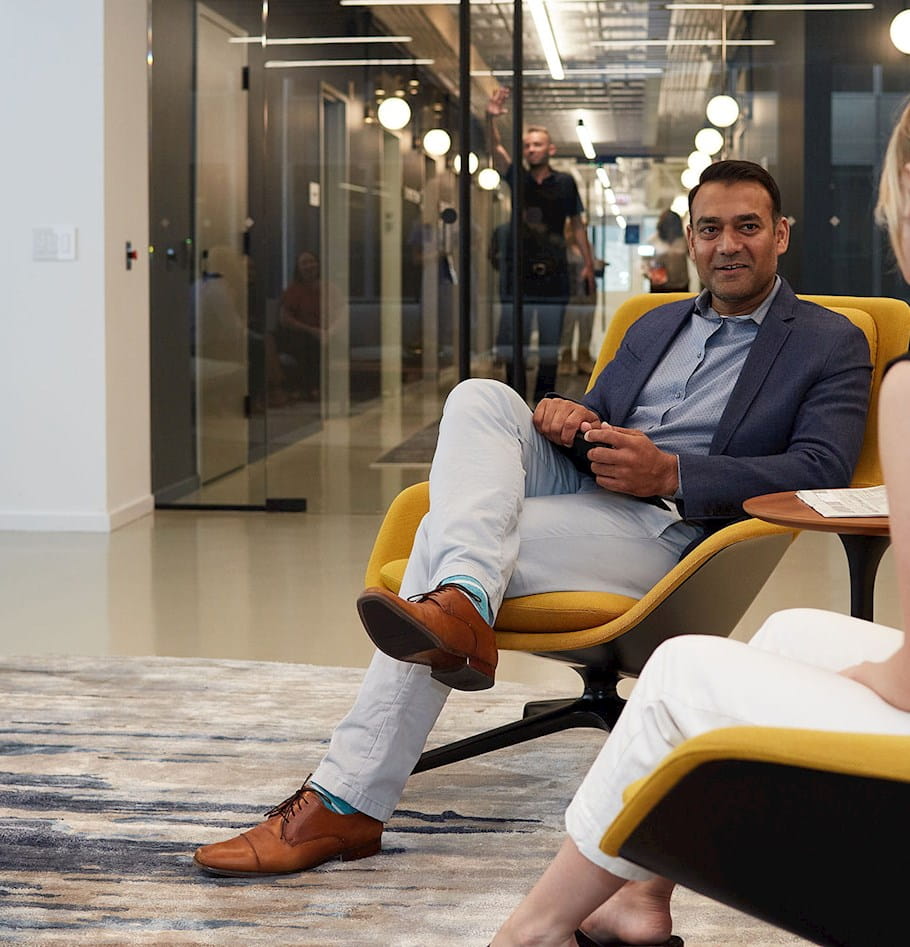
Nov. 7, 2017 | InBrief
Stepping into the world of consulting: Do's and don'ts
Stepping into the world of consulting: Do's and don'ts
Making the transition from college student to full-time consultant is a completely new challenge. You will join projects where you are expected to analyze, problem-solve, and communicate solutions in a clear, coherent manner. The switch to consulting will take time to get used to, but luckily in our first few months as consultants we have been expertly guided by others who have gone through the transition. In that time, we compiled this useful list of "Do’s and Don’ts" from both our experiences and mentors.
DO
Ask for regular and critical feedback
As you start your career, it is important to gather feedback on areas you excel in and where there might be room for opportunities. Set up weekly feedback sessions with your Project Manager (PM) so they can help you understand where you are meeting expectations and where you need to refine.
Take time to focus on the clarity of your messaging
When you have an idea to share, sometimes you will find yourself talking without crafting your message in a way that is easy for your audience to understand. Take time to compose your thoughts and structure them prior to speaking. This will help you come off as a polished critical thinker and bring your team even better ideas.
Be known as the Documentation Master
As a new consultant, you will be expected to capture all types of documentation during meetings, such as requirements, meeting notes, and decision logs. After the meeting, try to allocate no more than an hour to structure, organize, and distribute the notes for review. This process takes practice, but it is one of the simplest ways to add value to your team.
Be on time
Arrive five minutes early to every meeting to prepare the meeting room and dial in if anyone is working remotely. Be the consultant that your PM depends on and can rely on.
Dress to impress
In most cases it is not a bad decision to overdress. Once you have built a rapport with the client and your team, it will be more acceptable to conform to the client’s dress norms. The level of formality depends on your specific team and client.
DON’T
Think you are unable to contribute
No matter what the situation is there is always an opportunity for you to contribute. Even tackling small items and tasks can show you are a team player and eager to help. For example, in a big meeting where you do not have a speaking role, take notes, record action items, and make sure that all the questions your team had going into the meeting get answered. Remember, you have a fresh perspective and it is important to share when asked or when the timing is right
Make excuses
It is useless to blame others for your team’s mistakes (or worse, your mistakes). There is no room for a “that is not my job” attitude as your team’s success is your success. If you take ownership over everything your team produces you will increase the quality of your work and improve your team’s outcomes.
Rush
If you get overwhelmed with tasks and deadlines you might feel the need to rush to get everything done, which can often lead to careless mistakes. When you think you are ready to send a piece of your work for review, take the extra 10-15 minutes to double-check it first. Ultimately, you will save yourself time and build a reputation within your team for producing quality, error-free work.
Think there are dumb questions
Remember, you are not expected to know everything. When in meetings, take detailed notes while also jotting down any key questions you feel the need to ask. Unless your question is critical to the meeting’s success, hold it until after to avoid derailing the conversation. By doing this you will maximize the value of the meeting for your team, but also make sure you get the information you need and want.
Be afraid to reach out to others
Whether it be a client or someone internally, try to make a habit of getting to know people whenever you can. For professionals in the consulting industry, networking is an ongoing effort and one that you must curate for results. Try to target people outside of your practice if possible. This will allow you to learn about different areas of your business, which will ultimately set you up for long-term success. Continuous learning, development, personal growth, ambiguity, communication, and travel. These different elements are only a fraction of a consultant’s lifestyle. Use these Do’s and Don’ts as a starting point as you step into your new role. But, more importantly, build your own list through your experiences and mentors. Remember, your career is a marathon and there is significant time to learn and grow, but the quicker you can gather and implement these rules, the better.

